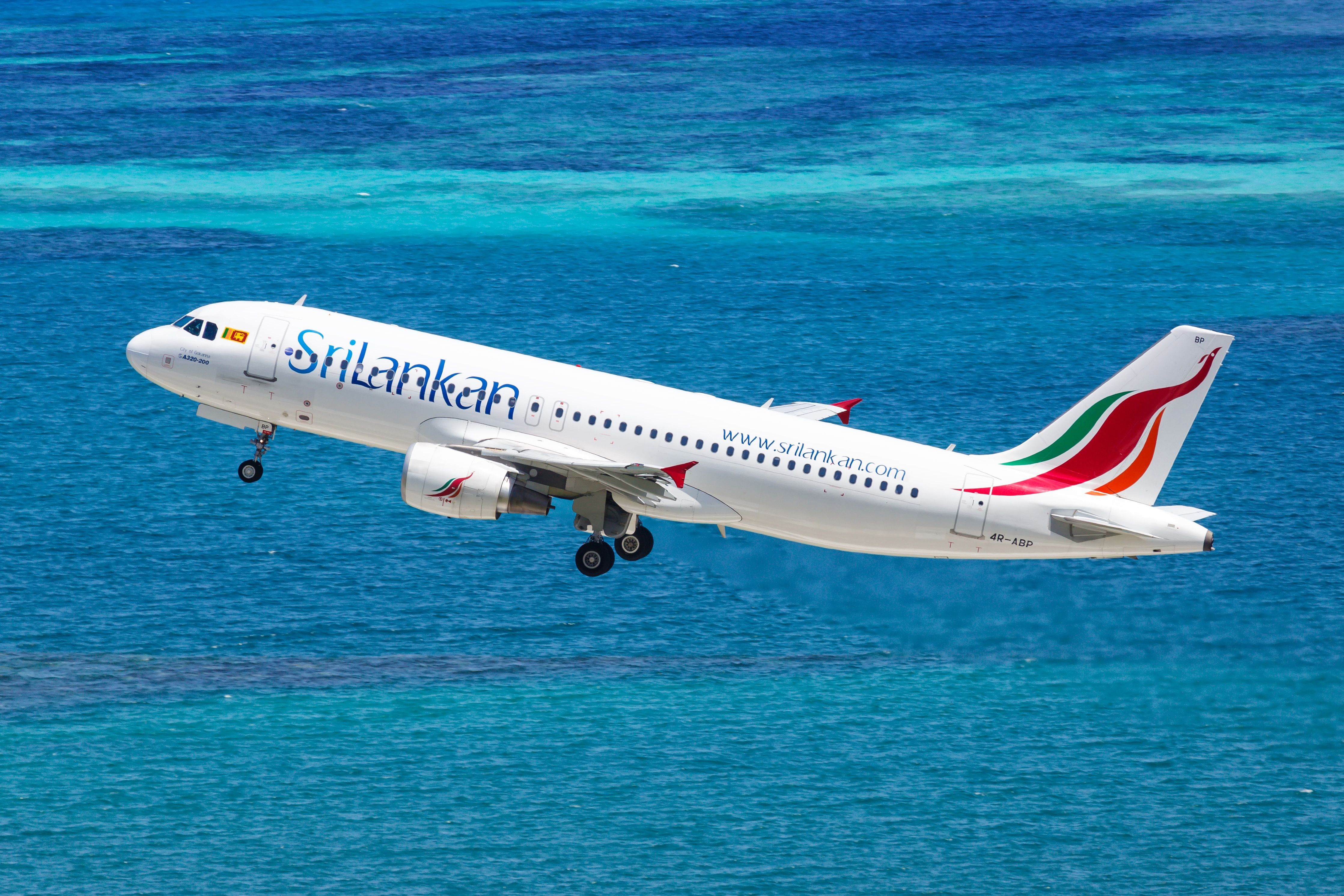AT&T Internet Air uses AT&T's 5G wireless network and features download speeds between 90 and 300Mbps. The setup process is as simple as plugging in your router, setting up the Wi-Fi network and figuring out the best location in your home. CNET's broadband expert Joe Supan discovered this at home , taking him only 11 minutes to set up.
When it comes to latency, AT&T Internet Air is on par with T-Mobile, Starry and Verizon, featuring a latency between 30 to 65ms. The straightforward pricing (just one plan for $60 or $47 when bundled with an eligible AT&T wireless plan), terms of service and decent speeds make Internet Air a reliable option for many customers with access to it. The Internet Air router is included in your monthly cost, so there's no additional equipment or installation fee.

AT&T offers mesh Wi-Fi extenders for an additional $10 monthly for improved connection. There are no overage fees, data caps or contracts. Read our picks for the best Wi-Fi extenders available in the market right now .
What AT&T Internet Air lacks, however, is the same availability as its competitors. Although it's available across 48 states, many of those locations boast equal availability for AT&T's fiber internet option, which outpaces fixed wireless in terms of fast, reliable speeds and cost per Mbps. Starry Internet started in 2016 but does not technically join the 5G connection movement.
It does not use 5G NR radio technology, which is a focus of mobile providers. Still, it does use millimeter-wave technology as a critical aspect of delivering fixed wireless home internet to customers. "We operate in 24GHz and 37GHz spectrum bands, and our network technology is the same across all our markets," a Starry spokesperson said.
The monthly price includes unlimited data , free equipment and installation and no contracts . It's also the only 5G home internet provider listed here that features symmetrical or near-symmetrical download and upload speeds similar to those found with fiber internet service. Lastly, Starry also offers a " 30-Day Happy Interneting Guarantee " with a full refund if you aren't satisfied with the service and cancel within the first 30 days.
Starry is focused on five markets: Boston , Denver , Los Angeles , New York City and Washington, DC . T-Mobile Home Internet used to offer only a single tier. Now, with its latest boost in speeds , customers can choose between two speed tiers.
The speeds ranges are 87 to 318Mbps and 133 to 415Mbps in downloads. T-Mobile "anticipates" that 25% of customers can see speeds below and 25% can see speeds above these ranges, per the company's FAQ section . That said, having a 5G connection means that your speeds can ultimately vary due to different factors.
CNET's Amanda Kooser tried out T-Mobile's service and found that her speeds were often inconsistent. T-Mobile offers three home internet plans with the same speeds. The main difference between them is the two pricier plans (Amplified and All-In) feature an upgraded Wi-Fi Gateway and advanced cyber security.
T-Mobile's service includes all setup fees and taxes, and there's no annual contract or data cap. Verizon's 5G internet service, which uses Ultra Wideband 5G technology, boasts maximum download speeds of up to 1 gigabit and average speeds of around 300Mbps. Upload speeds are not symmetrical and will plateau at 50Mbps or less because Verizon does not exclusively use millimeter-wave technology, but rather a mix of low-band, mid-band and millimeter-wave .
Verizon 5G Home Internet pricing is $50 a month for 50 to 300Mbps or $70 monthly for 85 to 1,000Mbps, plus some extra perks. Unlike most ISPs, you can expect a two to three-year price lock. Either way, it's an all-in price that includes equipment, setup fees and taxes.
Like all other Verizon plans, it requires no contracts or data caps. Verizon offers many promos and deals to sweeten the pot for potential customers. First, both plans come with a price lock of up to five years, a rare gem in the world of broadband.
In addition, if you switch to Verizon, eligible customers can receive an early termination fee credit of up to $500. Second, 5G Home Plus customers can have a free Netflix and Max subscription for a year. Lastly, customers with qualifying Verizon mobile plans will get a discount on the monthly cost of either plan, bringing them down to $35 or $45 monthly.
5G home internet is one of the more affordable options available considering the decent download speeds that current plans average. T-Mobile averages just over 100Mbps, Starry chimes in at 200Mbps and Verizon's median speed is 300Mbps. The lowest monthly cost among the three main providers is $15 (Starry's low-cost option) and the highest is $70 (T-Mobile and Verizon 5G Home Internet Plus without the mobile discount).
Each provider's monthly costs include all fees, taxes, equipment and installation charges. So the monthly charge you see is the monthly charge you pay. Lastly, none require term contracts, so you won't have to fear any early termination fees.
In theory, 5G should enable a speedy connection that will match or improve what you get with cable or fiber internet. That's usually not the case regarding the reality of 5G home internet. To increase the reliability and coverage of the 5G internet service, most providers rely on a mix of millimeter-wave, low-band and midband technology -- as well as 4G LTE in some cases -- and this means home internet customers won't see the real high-end capabilities of 5G at present.
You should see well over the average speeds of your typical DSL and satellite internet plans. It simply means generation. In other words, 5G is the fifth generation of cellular technology.
Cable internet relies on wires to transmit data from a central hub into your home. 5G home internet is a fixed wireless solution that uses an internet gateway to connect your home using radio frequencies to connect to a cell tower or data hub nearby. If you're not sure about which internet connection type is better suited for your home, read our guide on the different connection types .
.
Technology

What Is 5G Home Internet and Could It Be Your Home Broadband Solution?

Are broadband options limited at your address? Perhaps you're just tired of your current internet provider? Here's what 5G home internet has to offer.















